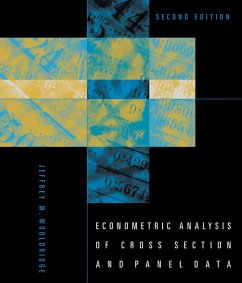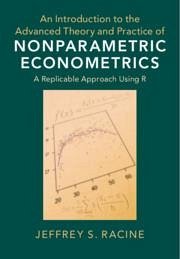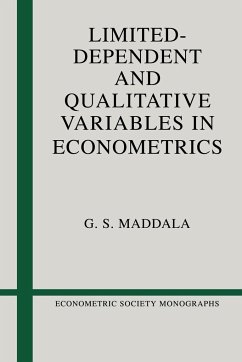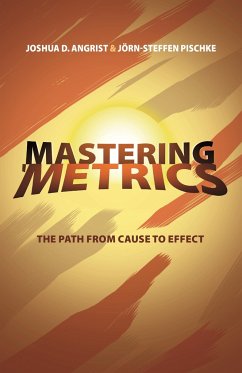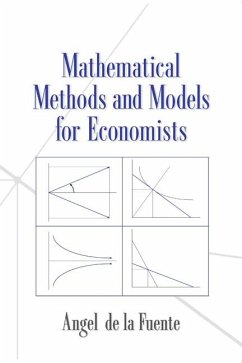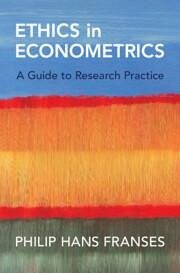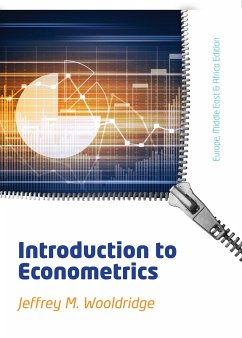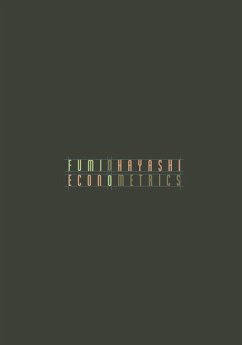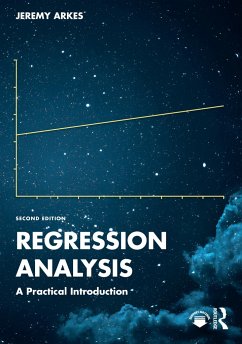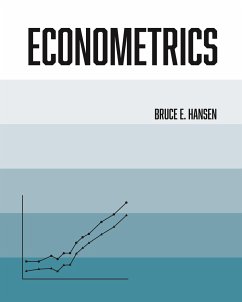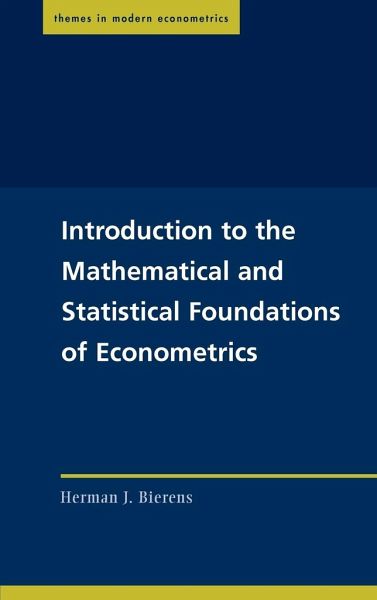
Introduction to the Mathematical and Statistical Foundations of Econometrics

PAYBACK Punkte
67 °P sammeln!
Intended for use in a rigorous introductory PhD level course in econometrics, or a field course in econometric theory, this book covers the measure-theoretical foundation of probability theory, the multivariate normal distribution with its application to classical linear regression analysis, various laws of large numbers, and more.





